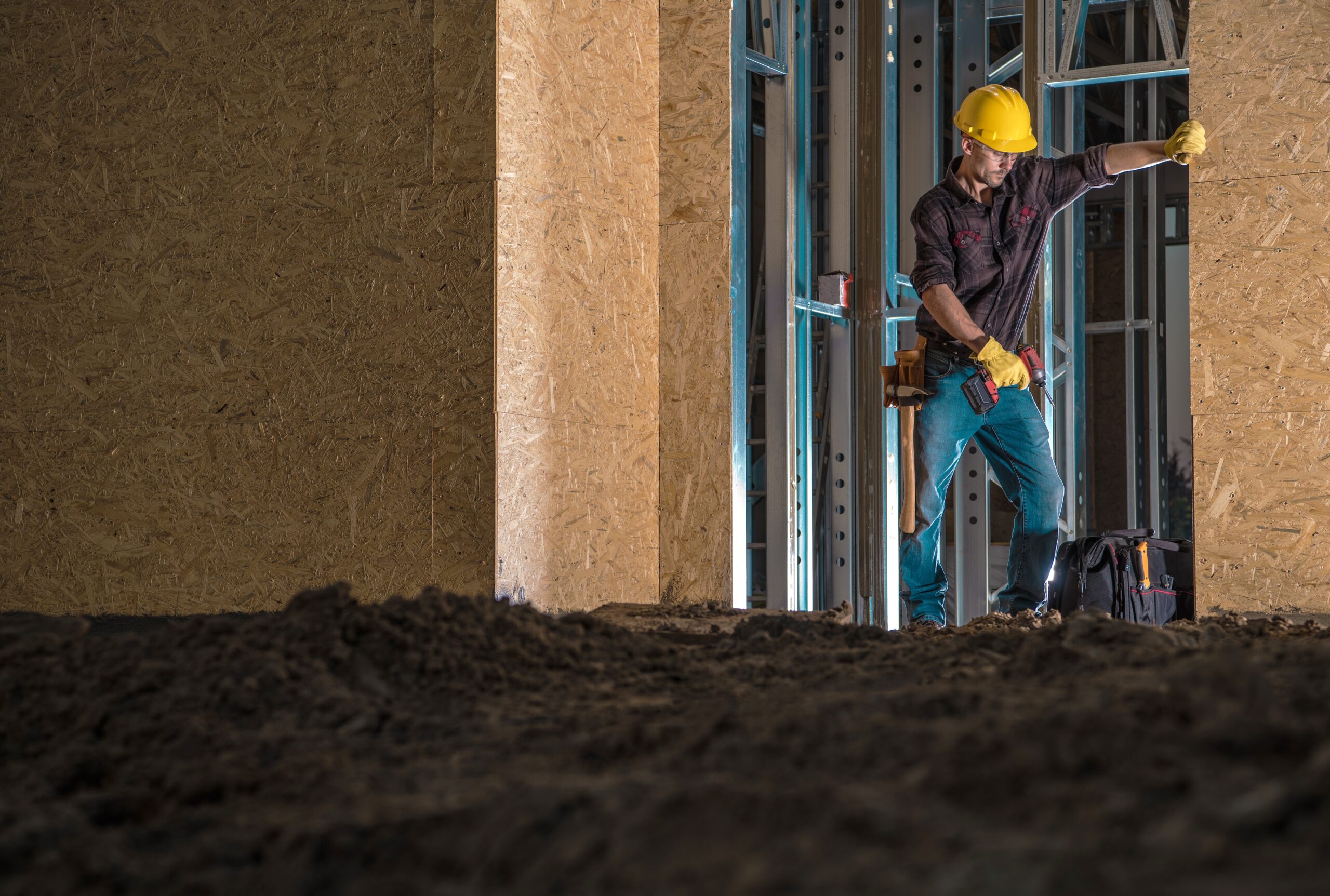Factors Affecting Addiction Recovery
 Returning back to home and work after addiction treatment is often an overwhelming and challenging transition. It is essential to better understand the unique experiences of tradespeople in recovery so to provide effective support and help individuals maintain long-term well-being and stability.
Returning back to home and work after addiction treatment is often an overwhelming and challenging transition. It is essential to better understand the unique experiences of tradespeople in recovery so to provide effective support and help individuals maintain long-term well-being and stability.
Through this project we aimed to:
1. Identify protective and risk factors that affected tradespeople’s recoveries after treatment.
2. Develop resources and tools to help individuals in recovery maintain long-term sobriety, or to get back on track after a lapse/relapse.
3. Support a culture shift in the trades by identifying factors that contribute to recovery-friendly work environments.
Who Participated
- Ninety-eight (98) tradespeople participated while attending De Novo’s 35-day Residential Addiction Treatment Program and for approximately 3 months after graduation.
- All participants identified as male.
Key Findings
- Risk Factors in Recovery
- Not having employment to return to after treatment – participants who lapsed or relapsed were more likely to be unemployed than those who remained clean and sober.
- Being around others who continue to use substances – a sixth (16%) of participants lapsed or relapsed because they felt peer-pressured by colleagues.
- Mental health issues – depression and anxiety were experienced by many participants. A third (32%) lapsed or relapsed because they were dealing with mental health issues and used substances to cope.
- Protective Factors in Recovery
- Having employment to return to after treatment – two-thirds (60%) of participants who remained abstinent stated they kept busy with work to remain clean and sober.
- Taking a break between completing treatment and returning to work – participants who took a break before returning to work found this to be helpful for establishing a routine and setting up recovery supports and coping mechanisms.
- Support from unions and/or employers – participants felt support from their unions and/or employers was important to them and had a positive impact on their recovery.
- Healthy and supportive relationships – family and friends are the main support systems for individuals in recovery. They report that their family and friends helped them work through triggers or lapses and relapses and to provide emotional support, encouragement, financial assistance, and housing.
- Accessing recovery-based resources – those who remained abstinent for 3 months were more likely to engage with recovery-based support programs than those who lapsed or relapsed.
- Daily habits and routine – positive leisure activities, hobbies, and spirituality were beneficial for individuals in recovery as they helped to avoid boredom, were a distraction from substance use, and decreased mental health concerns.
Why this matters for the Trades
- Findings highlight the construction industry’s vital role in fostering recovery-friendly environments that not only support individual well-being but also promote long-term workforce stability and productivity.
- Untreated mental health conditions like depression and anxiety can increase the likelihood of lapse or relapse, as well as affect focus, decision-making, and productivity on job sites.
- Consistent support and accommodation from unions and/or employers can help to create a culture of understanding and trust.
Outcomes
Tradespeople in recovery can face unique stressors in both their home and work environments. Findings of this study revealed that employment, mental health, connections with others, and workplace support all play critical roles in recovery and tradespeople’s well-being. The identification of these protective and risk factors emphasizes the need for targeted resources and a culture shift in the trades towards more recovery-friendly environments.
To help individuals in recovery maintain long-term sobriety and support the culture shift in the trades, De Novo continues to provide education and information to its clients and stakeholders. In addition, we developed The Road of Recovery documentary to highlight the protective and risk factors identified through the project and provide practical resources and supports to viewers, as well as created the De Novo Champion Challenge Coin initiative to help foster support within the trades.
How to cite this data: De Novo Treatment Centre. (2022). Factors Affecting Addiction Recovery: A Longitudinal Study of a Sample of Tradespeople. https://denovo.ca
This Employment Ontario project is funded in part by the Government of Canada and the Government of Ontario.
Ce projet Emploi Ontario est financé en partie par le gouvernement du Canada est le gouvernement de l’Ontario.

Special thank you to our project supporter:

Educational Resources
Research Lecture
A shorter version of the De Novo Research Lecture discussing findings and outcomes of De Novo’s second project: Factors Affecting Addiction Recovery: A Longitudinal Study of a Sample of Tradespeople. #thisisSDF
The Road of Recovery
The Road of Recovery is an educational video that provides those leaving residential treatment and continuing their recovery journey with a roadmap, tips, and tools for navigating life back in the community, at home, and at the workplace. It explores triggers and temptations that may arise and how to employ the strategies learned in treatment, as well as discusses existing supports and how to help those in recovery relate to and communicate with others at home and at work. #thisisSDF
